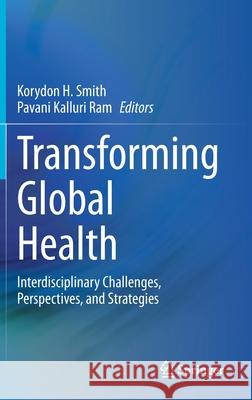Transforming Global Health: Interdisciplinary Challenges, Perspectives, and Strategies » książka
topmenu
Transforming Global Health: Interdisciplinary Challenges, Perspectives, and Strategies
ISBN-13: 9783030321116 / Angielski / Twarda / 2020 / 327 str.
Transforming Global Health: Interdisciplinary Challenges, Perspectives, and Strategies
ISBN-13: 9783030321116 / Angielski / Twarda / 2020 / 327 str.
cena 201,24
(netto: 191,66 VAT: 5%)
Najniższa cena z 30 dni: 192,74
(netto: 191,66 VAT: 5%)
Najniższa cena z 30 dni: 192,74
Termin realizacji zamówienia:
ok. 22 dni roboczych.
ok. 22 dni roboczych.
Darmowa dostawa!
Kategorie BISAC:
Wydawca:
Springer
Język:
Angielski
ISBN-13:
9783030321116
Rok wydania:
2020
Wydanie:
2020
Ilość stron:
327
Waga:
0.67 kg
Wymiary:
23.39 x 15.6 x 2.06
Oprawa:
Twarda
Wolumenów:
01
Dodatkowe informacje:
Wydanie ilustrowane











